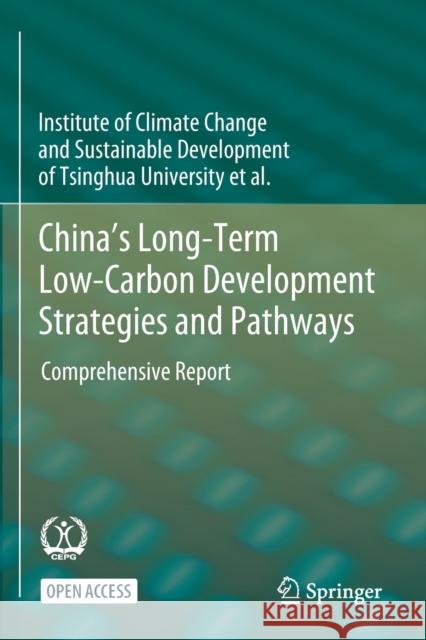China's Long-Term Low-Carbon Development Strategies and Pathways: Comprehensive Report » książka
topmenu
China's Long-Term Low-Carbon Development Strategies and Pathways: Comprehensive Report
ISBN-13: 9789811625268 / Angielski / Miękka / 2021 / 333 str.
China's Long-Term Low-Carbon Development Strategies and Pathways: Comprehensive Report
ISBN-13: 9789811625268 / Angielski / Miękka / 2021 / 333 str.
cena 160,99
(netto: 153,32 VAT: 5%)
Najniższa cena z 30 dni: 154,18
(netto: 153,32 VAT: 5%)
Najniższa cena z 30 dni: 154,18
Termin realizacji zamówienia:
ok. 16-18 dni roboczych.
ok. 16-18 dni roboczych.
Darmowa dostawa!
Kategorie BISAC:
Wydawca:
Springer
Język:
Angielski
ISBN-13:
9789811625268
Rok wydania:
2021
Wydanie:
2021
Ilość stron:
333
Oprawa:
Miękka
Wolumenów:
01
Dodatkowe informacje:
Wydanie ilustrowane











